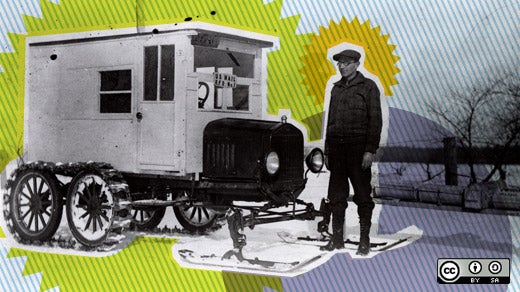The automotive industry took a major step forward in its commitment to open source yesterday, as announced by the Linux Foundation. The Automotive Grade Linux Workgroup (AGL) is a new group that will facilitate industry collaboration for Linux development.
Major automotive companies like Jaguar Land Rover, Nissan and Toyota are some of the first carmakers to participate in AGL. Other members include Aisin AW, DENSO Corporation, Feuerlabs, Fujitsu, HARMAN, Intel, NEC, NVIDIA, Reaktor, Renesas, Samsung, Symbio, Texas Instruments Incorporated, and Tieto.
Carmakers are now viewing automobiles as the newest wireless device and aim to make wireless computing in them the norm—just as it is in homes and offices. The industry is leveraging the $10B collective investment already made in the Linux kernel to accelerate innovation, and the Linux Foundation provides a neutral space for industry collaboration. The AGL will work with the Tizen project as the reference distribution.
"This workgroup will leverage Tizen to create a Debian or Fedora-like project for the automotive industry," said Jim Zemlin, Executive Director at The Linux Foundation, "Like those community distributions, the Automotive Grade Linux Workgroup will rapidly feed cutting edge technologies to automakers and their partners who can build Linux-based products for the newest cars."
"A community distribution for automotive Linux is essential," said Ken-ichi Murata, Project General Manager of Toyota Motor Corporation. "There are a core set of requirements specific to the automotive industry, and collaborative development can help meet those needs faster and more efficiently."
What do you think this means for the future of the auto industry? Have you heard of any other ways Linux or open source is used in automobiles? Tell us in the comments below.
This post is in reference to a press release by The Linux Foundation. Read the entire press release here.




2 Comments